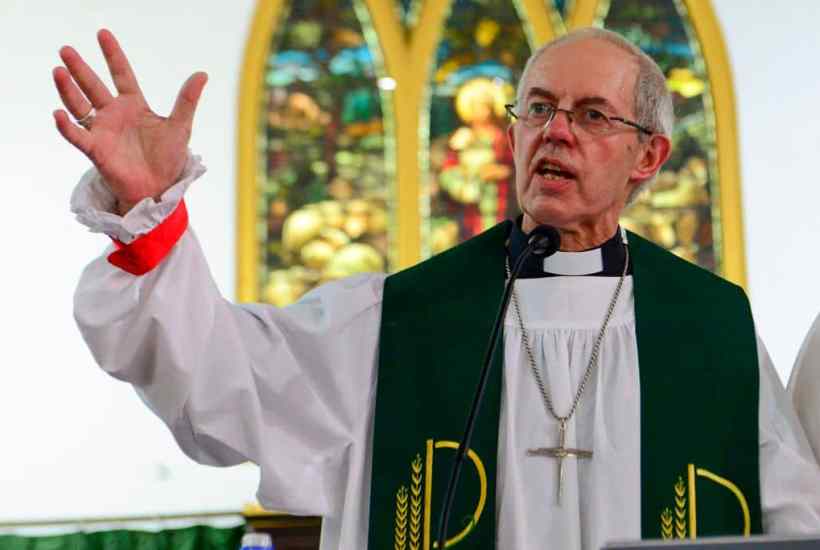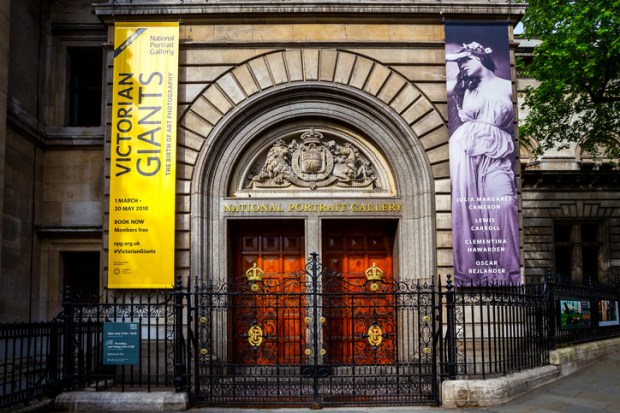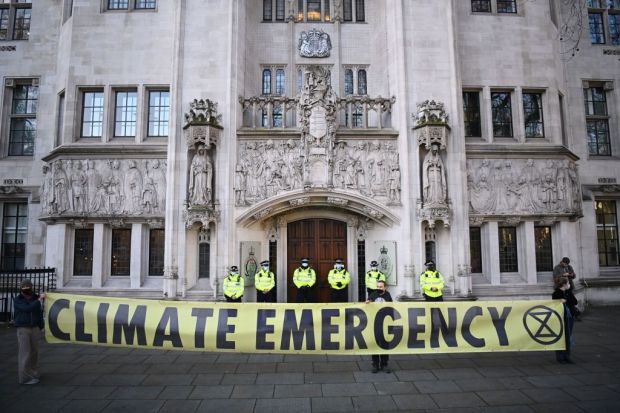Is the Church of England on a mission? It should be, of course. But it appears to have confused its purpose of preaching the gospel with seeking to make itself more representative. From now on, at least ten members of the House of Bishops, part of the General Synod, must be from an ethnic minority. This will help create a ‘church that truly embraces people of global majority heritage at every level of its life,’ says the Archbishop of York Stephen Cottrell.
But it’s hard to reconcile Cottrell’s words with those of Paul to the Galatians:
‘There is neither Jew nor Greek, there is neither bond nor free, there is neither male nor female: for ye are all one in Christ Jesus.’
For the Christian, skin colour should make no difference in spiritual terms. The enlightened Anglican hierarchy of the 19th century certainly understood this. In 1864, the church braved controversy and appointed its first black bishop, Samuel Crowther. An ex-slave freed in 1822 by the Royal Navy’s West Africa squadron, Crowther was jointly presented to the Archbishop of Canterbury for consecration by a colonial prelate and the bishop of Winchester. While his appointment was historic, it owed nothing to his skin colour. Yet, to borrow the words of Martin Luther King, the House of Bishops’ new scheme risks judging people on the colour of their skin, not on the contents of their heart. There is no doubt the initiative is entirely well-meaning. It will, it is said, make church leadership more representative. But it is still worryingly wrong-headed, and needs to be fought hard.
A church, which very creditably opposed apartheid in South Africa – and many of whose members called out overt racism here in the 1950s and 1960s – is making a serious mistake in setting up what is essentially an official non-white constituency within the Anglican communion. To make matters worse – and while this was surely not the aim of those who dreamed up this plan – it seems to carry an implicit suggestion that non-white Anglicans are not just as capable of arguing about theology and church government as others and need special help to get their view across. Both these developments should have any decent worshipper, white or non-white, up in arms.
In a church’s governing body, by all means it is right to ask that all shades of spirituality or theology – liberal and conservative, high church and evangelical, and so on – be able to have their voice heard and be represented. But whatever the position with secular governments, it is not the function of a church to be representative of – or promote the interests of – other secular social groups, whether denominated by politics, social class, or race.
Ironically at a time in the liturgical year traditionally associated with prayers for church unity, we have here a suggestion that the church as an institution should become explicitly race-conscious. It’s as if one’s spirituality somehow varies according to a person’s ethnicity or tribal origin. But this is exactly the kind of thought that Christianity has always opposed.
A great deal of religion two thousand years ago was indeed depressingly particular; it was perfectly normal for your acceptability as a worshipper to depend on your ethnicity, position or allegiance. Christianity was as radical as it was – and as attractive – precisely because it turned this view on its head; it openly defied orthodoxy by drawing no distinction at all between those whom it sought to proselytise.
Whatever an average worshipper in a socially-distanced pew may think, these days the talk in General Synod, and on bishops’ benches, is not so much about making the world conform to God’s law as ensuring God’s law as interpreted by the church fits in as neatly as possible with secular trends. Activism aimed at social justice, anti-racism, human sexuality, or whatever, now largely trumps matters of the spirit.
About 60 years ago Michael Wharton, writing the Peter Simple column in the Daily Telegraph, saw a development of this kind coming. You may remember his caricature Dr Spacely-Trellis, the go-ahead Bishop of Bevindon, who habitually referred to Jesus’s disciples as his staff of trained social workers.
The antics of the House of Bishops in calling for things to be seen through the prism of race are not what we should expect from any religious body. But they are exactly what you would expect of a coven of social workers in the Stretchford conurbation. What was a joke in the 1960s is, to the church’s discomfiture, now depressingly real.
Got something to add? Join the discussion and comment below.
Get 10 issues for just $10
Subscribe to The Spectator Australia today for the next 10 magazine issues, plus full online access, for just $10.



















Comments
Don't miss out
Join the conversation with other Spectator Australia readers. Subscribe to leave a comment.
SUBSCRIBEAlready a subscriber? Log in